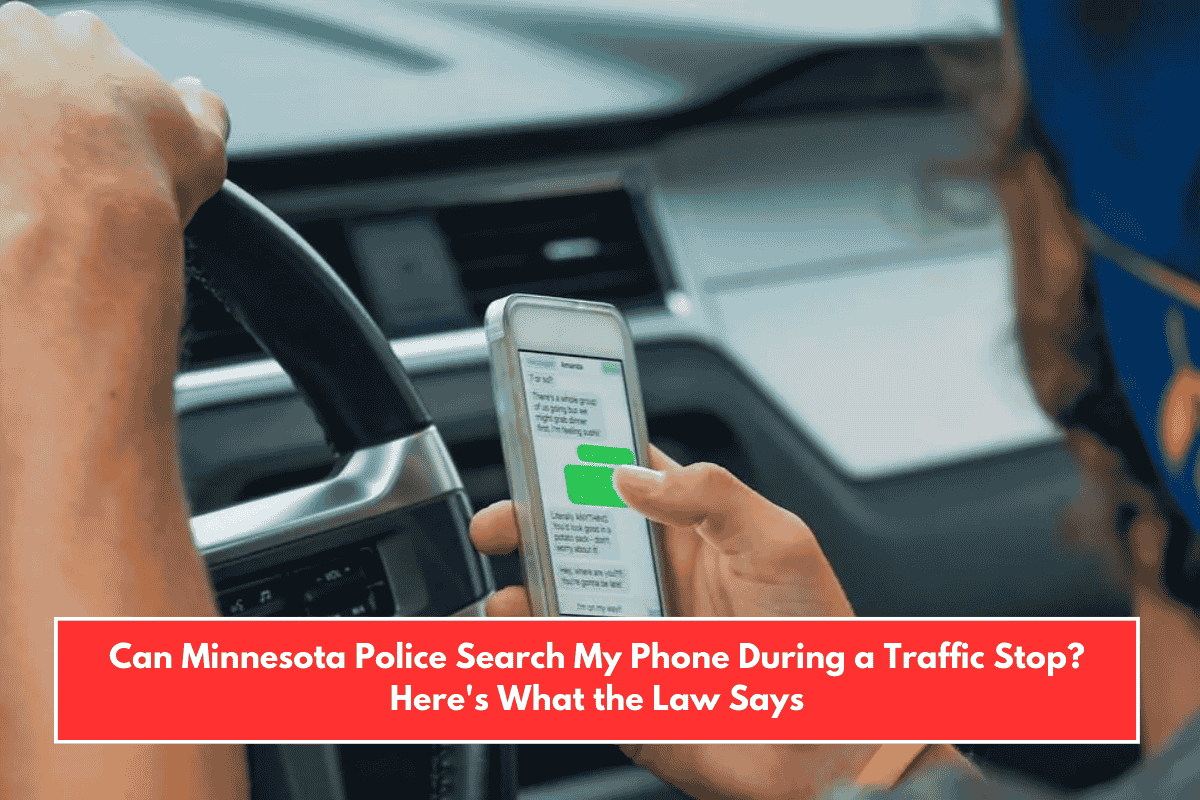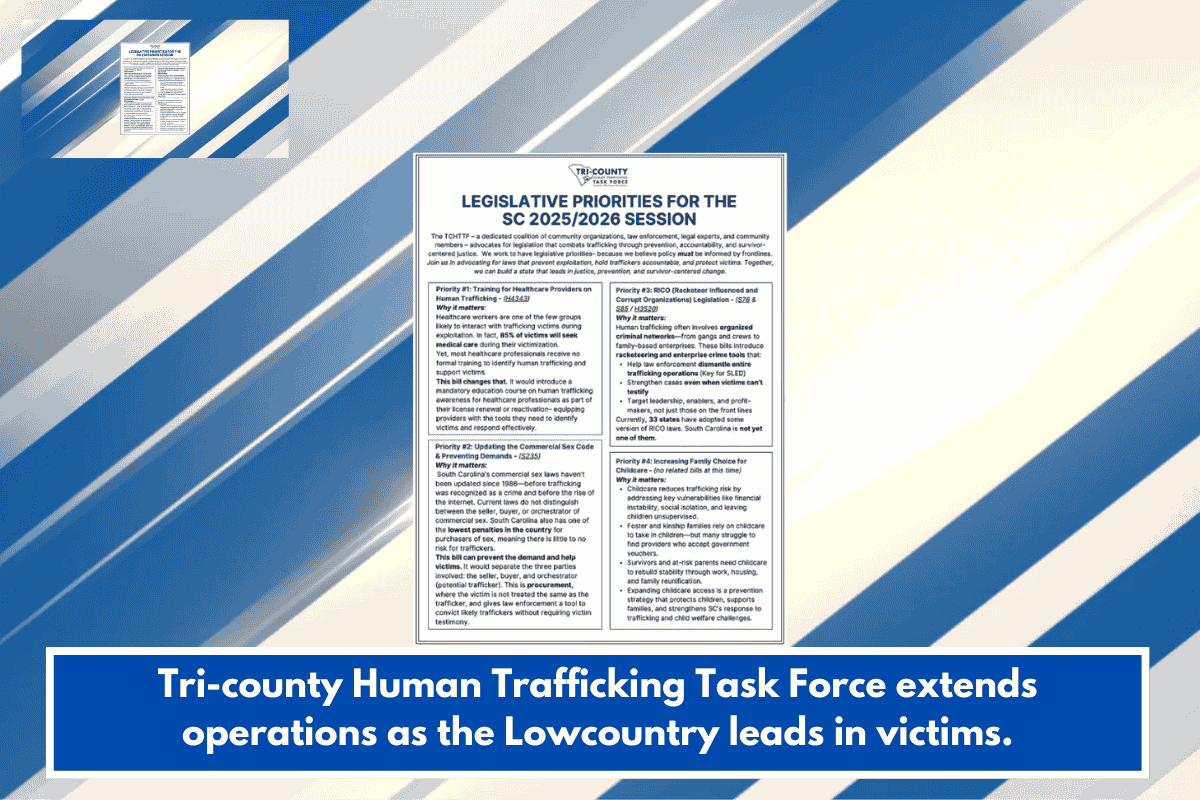Minnesota police cannot freely search your phone during a traffic stop without following specific legal procedures. Your rights are protected by the Fourth Amendment, which guards against unreasonable searches and seizures.
Key Points:
- Consent: Police may ask to see or search your phone, but you are not legally required to comply. If you voluntarily give permission, any evidence found can be used against you.
- Search Warrant: Without your consent, police generally need a search warrant to search your phone. A warrant can be obtained if there is probable cause to believe your phone contains evidence of a crime.
- Practicality: While police can obtain warrants quickly, it is uncommon for them to do so on the roadside for minor offenses like suspected texting while driving.
- Unlocking Your Phone: If police obtain a search warrant, Minnesota courts have ruled that you can be compelled to unlock your phone using biometric methods (such as your fingerprint), as decided in the State v. Diamond case. However, you cannot be forced to reveal your password or PIN, as that may implicate your Fifth Amendment rights.
What To Do If Asked to Surrender Your Phone
- Respectfully Decline: You have the right to refuse a search if there is no warrant. Politely state that you do not consent to a search of your phone.
- Do Not Unlock: Do not unlock your phone or hand it over unless the officer presents a valid search warrant.
- Remain Calm: Cooperate with lawful requests, such as providing your driver’s license and registration, but do not feel pressured to give up your device or its contents without proper legal grounds.
Exceptions
- Probable Cause: If officers have probable cause (for example, if illegal activity is in plain view or there are exigent circumstances), they may be able to search your phone or seize it until a warrant is obtained5.
- Exigent Circumstances: In rare cases where evidence might be immediately destroyed, police may attempt to justify a warrantless search, but such searches are subject to strict legal scrutiny.
Summary Table
| Situation | Can Police Search Your Phone? |
|---|---|
| You give consent | Yes |
| No consent, no warrant | No |
| Officer obtains a search warrant | Yes; you may be compelled to unlock |
| Probable cause or exigent circumstances | Possibly, but subject to legal review |
Bottom Line
During a Minnesota traffic stop, police cannot search your phone unless you give permission or they obtain a search warrant. If a warrant is issued, you may be required to unlock your phone using your fingerprint or other biometric methods. Always assert your rights respectfully and do not consent to a search unless you have consulted with a lawyer or are presented with a valid warrant.














